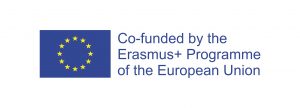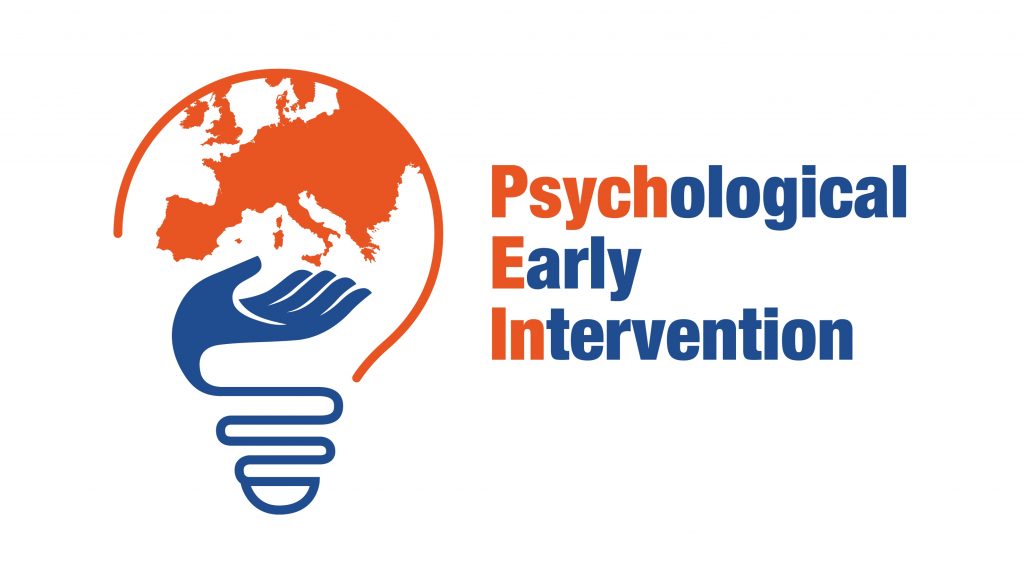Psyc.E.In. – Psychological early intervention: clinical training
The pandemic of 2020 due to Covid-19 is stressing the crucial competences of sanitary staff and rescuers involved in emergency psychology interventions. To deal with the humanitarian emergency is a new community priority. An answer is improving a European systematic VET education within the framework of Psychological Early Intervention to strengthen accessibility and expertise in the field, which can increase the professionalism of care provided by psychologists, psychotherapists and psychoanalysts. Psychological Early Intervention helps people involved in a humanitarian emergency to stimulate their inner resources. It is directed to individual, social and professional targets, helping communities going back to normal life after disasters or critical events.
In response to social needs, an idea of Psyc.E.In. – Psychological early intervention: clinical training international project was born in the frame of Erasmus+ programme, Cooperation for innovation and the exchange of good practices, KA202 – Strategic Partnerships for vocational education and training. There are seven partner organisations from six countries in the project consortium: Associazione EMDR Italia and Pixel – Associazione Culturale in Italy, Institut Alfred Adler de Paris in France, Institute of Group Analysis Athens in Greece, Asociace klinických psychologů České republiky in Czech Republic, Unversity of Presov in Slovakia and the Jan Kochanowski University of Kielce in Poland – project applicant. The main objective of the Psych.E.In. project is to provide better opportunities of professional development for psychologists, psychotherapists and psychoanalysts and for their VET trainers in acquiring and developing key clinical competences in Psychological Early Intervention to support health and wellbeing in direct and indirect victims in humanitarian emergencies.
During 24-month project Intellectual Outputs are produced, such as MOOC VET e-learning training intended for psychologists, psychotherapists and psychoanalysts, based on interactive methods e.g. videos, cases analyses, exercises, peer evaluations, an innovative Toolkit and a Collection of case studies.
The consortium will enhance common language and networking with VET organizations and other stakeholders in emergencies. Individual mental health and community resilience will be improved by qualified Psychological Early Intervention. Special attention is set to fragile population as children, women in pregnancy, seniors and rescuers. Health care and rescue staff competences to deal with victims in humanitarian emergency will be further developed.
To learn more, please visit Psych.E.In website  The European Commission’s support for this publication does not constitute an endorsement of the contents, which reflect the views only of the authors, and the Commission cannot be held responsible for any use which may be made of the information contained therein.
The European Commission’s support for this publication does not constitute an endorsement of the contents, which reflect the views only of the authors, and the Commission cannot be held responsible for any use which may be made of the information contained therein.




